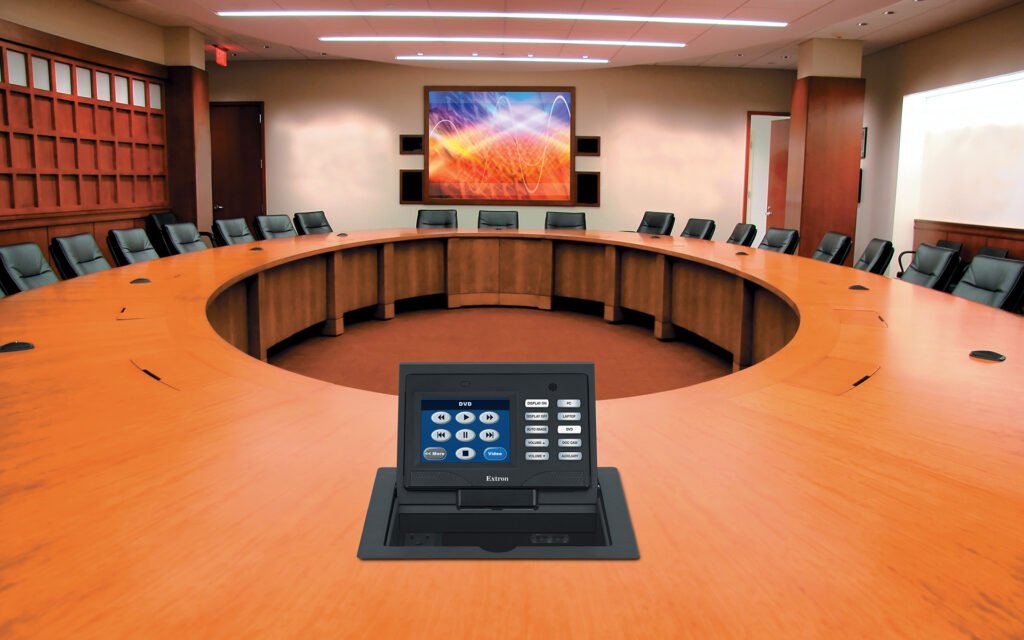In boardrooms across Africa, the conversation about sustainability often takes a backseat to more immediate concerns. Survival in a competitive market, navigating economic uncertainty and meeting the needs of a growing population understandably dominate the agenda. However, ignoring the global shift towards sustainability is a risk that African businesses cannot afford.
This seismic shift highlights the fundamental transformation in how consumers think, investors act and governments regulate. The demand for sustainable products and services is ever-growing. Investors are scrutinising environmental, social and governance (ESG) metrics more closely than ever before. Tightening regulations also prompt companies to adopt cleaner practices.
-
Sale!
Download Nairobi Law Monthly Magazine July 2024 Edition
Downloads Original price was: KShs200.00.KShs100.00Current price is: KShs100.00.
Amidst these challenges, there lies an opportunity. By embracing sustainability, not as a burden but as a strategic advantage, African businesses can differentiate themselves, unlock new markets and future-proof their operations. As a seasoned marketing professional with a deep understanding of the African landscape, I believe that sustainable marketing is not just about compliance — it is about seizing a transformative moment for growth and impact.
The urgency around sustainability is not confined to developed nations. It is a global wave, and Africa is undeniably feeling its pull. News headlines highlight devastating droughts, floods and other climate-related disruptions across the continent. These events impact not only lives and livelihoods but also the stability and profitability of businesses.
It is not just about the environment changing but about people changing too. Younger generations in particular want brands that reflect their values. They will dig deeper into their pockets for products that do right by the planet and its people. Funds focused on ethical companies are booming, and those businesses with a solid track record on sustainability are reaping the rewards.
For African businesses, the need to adapt is clear. Otherwise, there is the real risk of getting left in the dust. Ignoring this shift means potentially losing customers, turning off investors, and even damaging your reputation. Sustainability has reached the point where it has become a core requirement for staying competitive.
It is tempting to think that simply slapping a “green” label on a product or publishing a glossy sustainability report is enough. But consumers and investors are savvy — they can spot greenwashing from a mile away. Empty promises and superficial efforts don’t just fail to impress, they backfire. They erode trust and can tarnish a brand’s reputation for years to come.
Authenticity is, therefore, non-negotiable. Your sustainability efforts need to run deeper than marketing slogans. They have to be woven into the very fabric of your business — your operations, your supply chain, your company culture. It is about walking the talk, not just talking the walk. It is about looking at your business with a fresh perspective.
If you manufacture goods, where are your raw materials coming from? Are they sustainable? If you offer services, what is your environmental impact? These are not questions you can brush aside anymore. Consumers and investors are paying attention. They want to see concrete actions, not just polished words.
Sustainability cannot be delegated to one team or left to languish in a corner of the company.
Everyone needs to get involved, but the real push has to come from the top. When leaders truly champion sustainability, it becomes part of the company’s DNA, not just a line in the annual report.
However, micromanaging every detail can only get you so far. What you really want is to set the right tone. When executives show that they care about the planet as much as the profits, it ripples through the entire organisation. People start thinking differently, looking for ways to make a positive impact alongside their daily work.
And to truly succeed, sustainability needs everyone at the table. Every member of an organisation brings different skills and perspectives. Breaking down those barriers between departments is key. When everyone is working together, that is when real change happens.
Appeasing the “green” crowd requires more than just ticking a few boxes. You need to make smart decisions that make sense for the business. Sustainability can actually improve your bottom line — cutting costs, reducing risks and opening up new markets. It is about building a company that is not just successful today, but one that can weather whatever the future throws its way.
Embracing sustainable business practices is all about recognising that consumers are becoming more discerning, investors are looking beyond short-term gains and the world is demanding more responsible practices from all of us.
The companies that seize this opportunity — that integrate sustainability into their very core — will be the ones setting the bar, attracting the best talent and building enduring legacies.
The question for executives then is: Is building a thriving business while treading lightly on the planet possible?
– By Alice Ngatia, Senior Marketing Executive and Sustainability Specialist.


